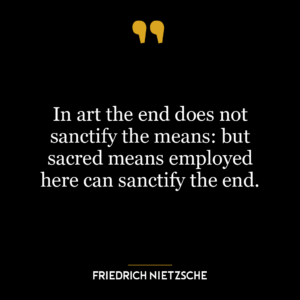This quote, “When virtue has slept it will arise more vigorous,” suggests that when our moral and ethical principles (virtues) are temporarily forgotten or neglected, they will eventually awaken with renewed strength and vigor. This could be due to the realization of their absence, the consequences of their neglect, or the natural human inclination towards moral growth and development.
The quote implies a sense of resilience and the innate power of virtue. It suggests that virtue is not a fragile concept that can be lost forever, but rather, it is robust and can bounce back even stronger after periods of dormancy.
Applying this idea to today’s world, we could interpret it in the context of social justice movements. There are times when society seems to neglect virtues like equality, justice, and respect for all. However, when these virtues are awakened, often due to a significant event or a collective realization, they come back more potent than before, leading to significant societal changes and advancements.
In terms of personal development, this quote could be seen as a reminder that everyone has moments of weakness or moral lapses. However, these moments don’t define us. Instead, they can serve as catalysts for personal growth. When we recognize and acknowledge these lapses, we can awaken our virtues with renewed vigor and commitment, leading to a deeper understanding of ourselves and a stronger moral compass.
In essence, Nietzsche’s quote is a message of hope and resilience, emphasizing the power of virtue and its ability to rebound with greater strength after periods of neglect or dormancy.











